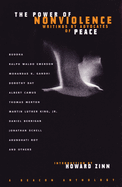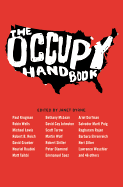Peace Index. Daily stats for words such as “peace”, “nonviolence”, and “anti-war”. How much are Americans talking about peace today?
See ongoing chart of daily peace index numbers under **asterisks** at the bottom of this post.
“When will the wars end?” I wonder that each day, and, I reflect on secondary questions, such as: “Is anyone succeeding with peace work lately?” and “Is the peace movement thriving?”.
I had always wished there was a way to check up on these concerns, a way to check the pulse of peace. I wanted to find statistics on peace, just like people can find statistics on the stock market, the price of gold, or, even, the casualties of war. I did a little research, and I could not find a number or index that answered my questions. There are some very good peace indexes. Though, the ones I found are only calculated yearly, or they only changed when big events happen.
So, it is still impossible to predict exactly when the wars will end. Though, we have devised a system to give some answers about the status of peace and antiwar sentiment in the United States. The system is The Daily Peace Culture Index for the United States [DPCIUS], which has the nickname PAXi. The PAXi number will be posted prominently at Peace Couple every day. [Well, we try!] We hope you will seek it out when you do your daily searches for news, information, and updates on the state of the world. Continue reading Peace Index: Daily stats for the peace movement






